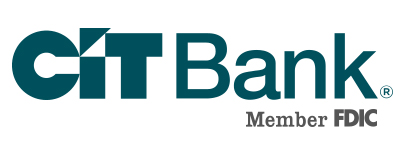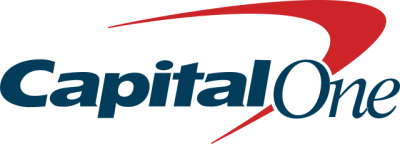Pros:
- Variety of accounts offered
- No monthly maintenance fees
- Most accounts have low opening amounts
- Savings account and CDs offer high rates
Cons:
- Savings account opening balance high
- Most account interest rates low
- Opening accounts not entirely online
- Customer service not available 24/7
Pros:
- No minimum opening deposits
- Interest rates not tiered
- ATM fee reimbursement
- Can open accounts online
Cons:
- Max-Rate checking account has a fee
- Limited personal accounts offered
- Low interest rates on accounts
- Business accounts limited
A variety of accounts are available through TAB Bank. They offer personal and business checking, savings, and money market accounts, along with CDs. The CD terms range from six months to five years. TAB offers personal deposit accounts and accounts for all sizes of businesses.
The accounts at TAB Bank do not have monthly maintenance fees. There is no required amount to keep in the account to avoid a monthly fee. The accounts do have set amounts to earn the most competitive interest rates.
Most TAB accounts have low required amounts to open. The money market account, checking, and basic savings account all only require $25 to open. There is a daily balance required of $1 to keep the account open and earn interest. Each of the CD terms require $1,000 to open.
TAB Bank’s high yield savings account and CDs offer competitive interest rates. These rates are competitive with other online accounts. The interest rate for the high yield account is not tiered. You do need to have a balance of $2,500 to earn the most competitive rate. Amounts under $2,500 still earn interest, just a much lower rate. Each of the CD terms offers competitive interest rates. CDs require $1,000 to open and earn interest.
The high yield savings account has a high opening balance. This account requires $2,500 to open. That amount is also required to keep in the account to earn the highest interest rate. Any amount under $2,500 earns interest, just a much lower rate.
Interest rates for TAB accounts, besides the high yield savings account and CDs, are low. They are not competitive with other online accounts. The interest rates for checking, basic savings, and money market accounts compare to brick and mortar bank rates.
Opening an account with TAB Bank is not done entirely online. The application is online. You must print off the application and fill out the information. Once the application is complete, you can email, fax, or mail it to TAB Bank.
TAB Bank customer service is not always available. TAB customer service is open Monday through Friday from 6 a.m. to 7 p.m. Mountain Time. On Saturday they open from 9 a.m. to 3 p.m. TAB customer service is closed Sunday and federal holidays.
E*TRADE accounts do not have set amounts required to open accounts. You can open the Premium savings, Max-Rate checking, and E*TRADE checking with any amount. To avoid a monthly fee may require a set balance, but not to open the account.
The interest rates for E*TRADE Bank accounts are not tiered. Any balance earns the most competitive interest rate. The highest rates are not competitive with other online-only accounts. But any balance earns the best rate.
E*TRADE Bank accounts offer unlimited ATM fee reimbursement. There are no ATM fees for money withdrawn from ATMs across the nation. To get a refund, you must meet certain qualifications. If you qualify for the refund, the money should be in your account by the end of the day of the ATM transaction. Not all accounts offer ATM fee refunds.
You can open E*TRADE accounts online. They are available for anyone to open across the United States. You can transfer money from external bank accounts into your E*TRADE account.
The E*TRADE Max-Rate checking account has a monthly fee. The fee is $15 a month. Waive the fee by keeping a set account balance in one account or an average in multiple accounts. Having a direct deposit over $200 waives the fee. Making a set amount of trades can also help waive the fees.
The types of personal accounts offered through E*TRADE Bank are limited to new customers. Those accounts include a savings account and two checking accounts. More accounts may be available once you become a customer.
The E*TRADE Bank accounts earn interest, but the rates are low. The interest rates are not competitive with other online accounts. Any account balance earns the most competitive rate. Even the highest rates are not competitive with other online accounts.
E*TRADE offers limited accounts for small businesses. They do not offer traditional accounts for small or commercial businesses. The accounts offered to small businesses include retirement accounts.


